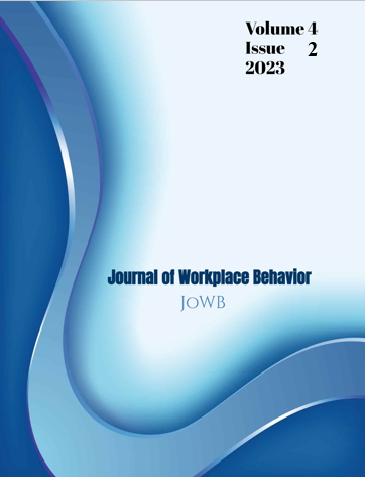All that Glitters may not be Perceived Gold. When and How Authentic leadership can be ineffective in power distance cultures Authentic leadership in power distance cultures
Main Article Content
Abstract
Considering the critical role of effective leaders towards ensuring organizational success, current study attempt to revisit the effectiveness of authentic leadership in a power distance culture. More specifically, current study considers the contingency role of power distance culture over the relationship between authentic leadership and its effectiveness through LMX and perceived impression management. For this purpose, data were collected from public sector organizations in Pakistan comprising 31 managers and 202 respective employees. Multilevel path analyses provided reasonable support for our hypotheses. It is demonstrated that authentic leadership is positively associated to leaders’ effectiveness and LMX. Moreover, power distance culture conditions the relationship between the authentic leadership and its effectiveness through perceived use of impression management tactics and LMX in a way that relationship gets weaker when power distance is high. Both practical and theoretical implications of this perspective are discussed.

